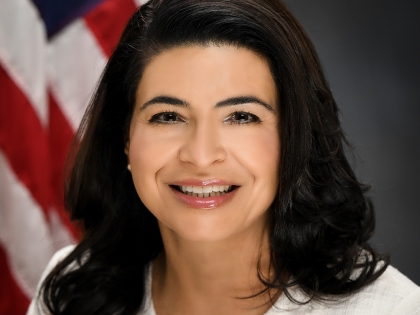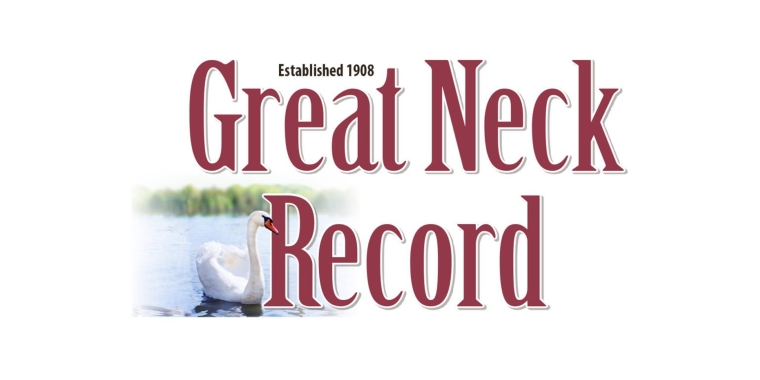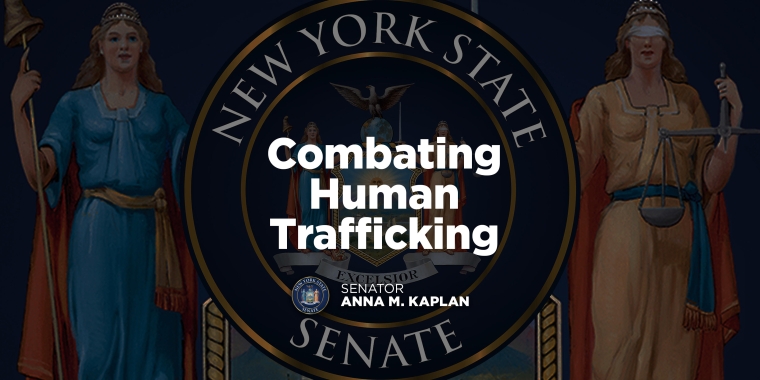
NYRA Leads New Push to Fund Belmont Renovations

The New York Racing Association, which was unsuccessful a month ago in getting state lawmakers to go along with a state-issued, $450 million borrowing plan for major renovations at Belmont Park, is trying once again with a new push before the 2022 legislative session concludes early next month.
With the introduction of a new Senate bill on May 4, there is now "same-as" legislation pending before both houses of the New York legislature to permit a financing plan for NYRA in which the state would issue bonds to finance a new grandstand and other sizable improvements at Belmont.
The legislation, its backers say, calls for the borrowing to be done at no cost to taxpayers; NYRA would pay future, ongoing interest costs by redirecting the future flow of money that it now gets from video lottery terminal casino proceeds at Aqueduct that are now dedicated to NYRA capital expenses. That money, instead, would be retained by the state to pay for the bond expenses.
A month ago, the borrowing plan was blocked by some lawmakers in the final 2022 state budget.
On April 29, the borrowing idea, this time in a stand-alone bill, was introduced in the Assembly by Assemblywoman Michaelle Solages, a Democrat whose district includes Belmont Park in Nassau County on Long Island.
On May 4, the same bill was introduced in the Senate by Anna Kaplan, a Great Neck Democrat who also represents the Elmont area where the track is located.
For NYRA, the opportunity to have the state float bonds on its behalf—with guarantees that the racing giant will pay for all the borrowing costs—is a far more efficient, and less costly, option than going through the private lending market. It is uncertain with any precision, however, how much NYRA would save by having an as-yet-undisclosed state entity perform the proposed, 30-year borrowing on its behalf.
NYRA officials, noting that Belmont is a state asset, believe the state's investment in the property will be dramatically increased if the renovation plan goes forward. Besides a new grandstand/clubhouse, which has not been renovated since 1968, NYRA has plans to reconstruct Belmont's main track as well as two turf courses, along with the installation of a synthetic track as a fourth racing surface; officials envision it could be used during the winter depending on the future of Aqueduct Racetrack.
Earlier this year, a state oversight panel approved a NYRA plan to construct tunnels, which would provide for easier truck access for the future track renovations, as well as for pedestrians to be permitted onto the now-unused, 55-acre infield. The Belmont backyard has been reduced by 50% following the construction of UBS Arena, home of the New York Islanders; until the infield is opened up via construction of pedestrian tunnels, capacity at the Belmont Stakes (G1), for instance, will be limited to 50,000 people.
In their written memorandum supporting the plan, state lawmakers sponsoring the legislation said NYRA is the "cornerstone of New York's Thoroughbred industry" and that it needs the borrowing plan for updates at Belmont, with its current amenities dating to 1968, in order to inspire "new generations of fans."
In 2008, NYRA, which had filed for Chapter 11 bankruptcy protection at the time, agreed to a new franchise renewal period of 25 years. In turn, the state pumped tens of millions into NYRA and the state was given title to the tracks and land at the three Thoroughbred facilities run by NYRA.
"The state benefits greatly from the successes at Belmont Park but will not be providing any financial investment in the redevelopment project," states a legislative memo in support of the plan.
Sponsors of the bill say their measure creates a "statutory intercept process" by which a portion of future statutory revenue-sharing payments due to NYRA will be kept by the state to pay any interest costs associated with the Belmont redevelopment borrowing.
The news organization City & State reported in late March—as the final 2022 New York State spending plan was being negotiated—of concerns by some lawmakers about the financing scheme. Senator Liz Krueger, a Democrat from Manhattan who chairs the Senate Finance Committee, says she was caught by surprise by the last-minute NYRA bond proposal. She told the publication at the time: "I don't know why we would put $400 million into a racetrack."
The idea, opposed by such groups as PETA, which is battling NYRA on a number of fronts, failed to make it into the final 2022 state budget.
Now, however, a new sprint is on by NYRA. It is seeking to get the proposal passed before lawmakers end their session, which this year is scheduled to happen June 2. The state-floated borrowing proposed by NYRA would be a first of its kind in its franchise.
The pending legislation now before both houses at the state capitol calls for VLT money statutorily due to go to NYRA would, instead, be deposited into the state's general fund to cover all costs of the $450 million in borrowing. The legislation says the state can issue bonds—backed either by personal income tax or state sales tax revenues to be used for the Belmont project.
The plan, the legislation states, will permit NYRA to make a major investment at the track "that will lead to new job opportunities and bolster the local economy, without spending any state dollars.''
NYRA's 30-year borrowing idea, though, could go beyond the length of its current franchise, which was awarded for 25 years in 2008. A provision in state law, however, states that if NYRA is replaced as the exclusive franchise holder of the three tracks, including Belmont, its replacement franchise entity would continue to make payments on bonds such as the one envisioned for the $450 million Belmont capital plan.
Despite that statutory provision in New York's racing laws, NYRA officials believe the scheduled expiration date of the corporation's existing franchise creates unaffordable obstacles for obtaining shorter term loans on the private marketplace compared with what they hope to get via the state with a 30-year repayment window. The franchise now in place expires in 2033, unless it is extended, as it has been numerous times since 1955.
Patrick McKenna, a NYRA spokesman, said the Belmont plan, along with the recent opening of UBS Arena, "is a transformational project that would establish one of the finest sports and entertainment destinations anywhere in the country.
"A new Belmont Park would secure the future of Thoroughbred racing downstate, drive tourism, and create jobs and economic opportunity throughout Long Island for decades to come. For Thoroughbred racing, a re-imagined Belmont would be the most consequential and significant new developments the sport has seen in recent history. It would result in a facility capable of hosting year-round racing and pave the way for the return of the Breeders' Cup World Championships to New York, among other advantages," McKenna said in a statement May 5.
The spokesman said NYRA has been in communication about the ambitious capital effort with New York Gov. Kathy Hochul and her administration, state lawmakers, and local officials from areas nearby the track.
"NYRA envisions a new grandstand that will honor the history and traditions of this historic property while offering fans the kind of modern amenities and differentiated experiences they have come to expect from stadiums and venues," McKenna said.



